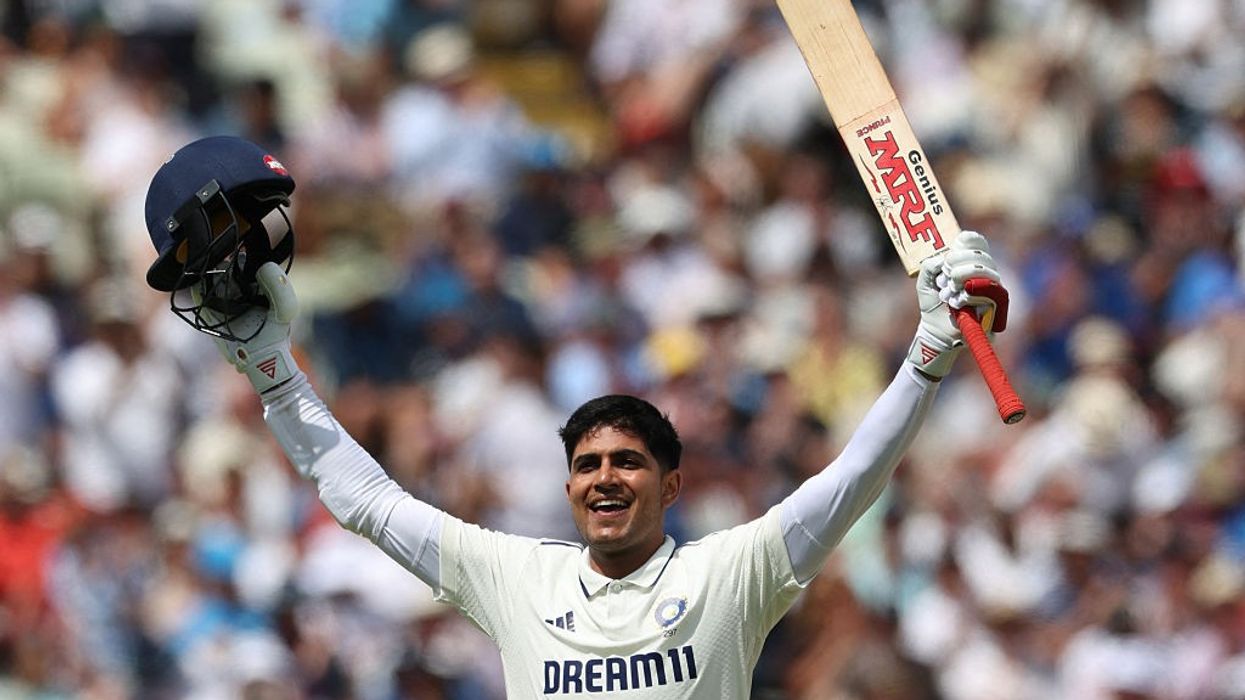by BARRY GARDINER
Labour MP for Brent North and shadow international trade secretary
IT HAS been widely reported that when asked what he wanted to be when he grew up, a young Boris Johnson answered, “world king!”
It is less widely reported that when US president Donald Trump heard this story he simply asked, “But how could there be two of us?”
Last Saturday (1), as tens of thousands of ordinary citizens demonstrated opposite Downing Street in a packed Whitehall, my eyes kept flicking to a small balcony of Banqueting House where on January 30, 370 years ago, a previous “world king” had been executed. His crime? Proroguing parliament.
The chant last Saturday was “Stop the Coup”. And it was important that the very first speaker was a Brexiteer – a paid-up Leaver. His eloquent point was simply this: “I voted leave to bring back sovereignty to the British parliament, not to have that parliament silenced and sidelined by an unelected prime minister.”
No deal was not an option at the time of the referendum, and this prime minister has no mandate for a no-deal Brexit. And prorogation is simply a technical manoeuvre to prevent parliament legislating to ensure the government does not take the UK out of the EU without a deal.
Cabinet ministers, embarrassed by their previous dismissal of the very idea of prorogation, now try to claim this is really only an extended conference recess. But here is the difference – parliament can be recalled in the recess. In prorogation, it can’t. Prorogation normally lasts eight days. This one lasts five weeks.
In fact, the last time we had an extended prorogation was just before the 1997 general election when the Conservative prime minister, John Major, wanted to prevent parliament scrutinising the cash-for-questions scandal before the country went to the polls. Ironic then, that even he has now joined the legal challenge to the prime minister to stop prorogation.
This paper’s print deadline, as parliament meets on Tuesday (3), means that any prediction that you read here requires a very bold judgement call. But what is clear is we are closer now to leaving the EU without a deal than ever before; the meeting last week by Labour leader Jeremy Corbyn shows that opposition party leaders are now united and resolute in their determination to legislate to avoid no deal; and proroguing parliament is an attempt to ensure that this cannot be done before the EU Summit on October 17-18.
This week we will find out whether there are sufficient MPs who – regardless of whether they wanted to leave or remain – are ready to stake their political career on saying that ‘leaving without a deal is unacceptable’. Tremendous pressure is being put on Conservative MPs. They are told to vote with their party rather than for what they believe to be the interest of the country. In truth, their party no longer exists. It has been captured and turned into the right-wing Brexit Party.
If enough MPs hold firm and put the country first, then an act of parliament could be passed this week that would compel the government to prevent prorogation and rule out leaving without a deal.
At prorogation, all bills that have passed through parliament then receive royal assent and such an act would become binding upon the government. How extraordinary then, on the BBC’s The Andrew Marr Show last Sunday (1), to hear Lord chancellor of the Duchy of Lancaster, Michael Gove, refuse several times to accept that the government would implement such legislation.
This is a government that is shredding our constitutional norms and conventions. Were the opposition leader to have done this, one can scarcely imagine the media outrage. How different it seems is the response when this constitutional coup is perpetrated by a group of old Etonians!
Many suspect that the government is trying to precipitate a general election, an election which they will try to frame as the people versus parliament. But the demonstrations in Whitehall and up and down the country have shown that the real struggle is between an unelected prime minister and the people of Britain who still believe in democracy and parliamentary sovereignty.





 Hatul Shah
Hatul Shah










 David Beckham wearing a David Austin Roses "King's Rose" speaks with King Charles III during a visit to the RHS Chelsea Flower Show at Royal Hospital Chelsea on May 20, 2025Getty Images
David Beckham wearing a David Austin Roses "King's Rose" speaks with King Charles III during a visit to the RHS Chelsea Flower Show at Royal Hospital Chelsea on May 20, 2025Getty Images

 Kurukshetra battlefield illustration
Kurukshetra battlefield illustration
 Chanakya
Chanakya  Shimla Agreement
Shimla Agreement Kargil War 1999
Kargil War 1999
Barry Gardiner: MPs must stand firm to prevent Britain crashing out of the EU